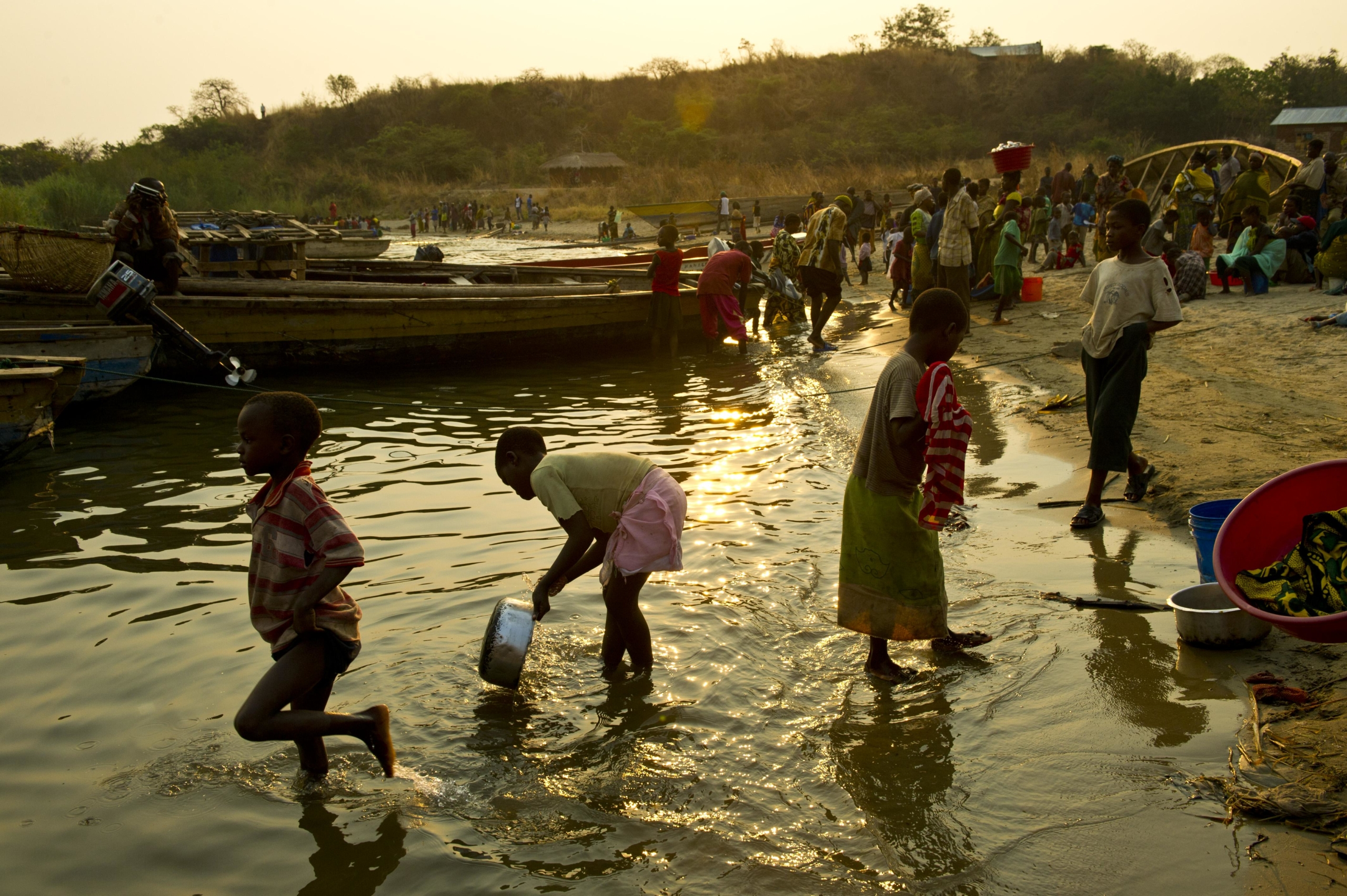The United Nations Convention on Biological Diversity (UNCBD) appears set to adopt the target to increase protected and conserved area coverage to 30% by 2030 (30×30). Implementing this target will inevitably affect a very large number of people. However, minimal research has been conducted into the social impacts 30×30 might have, and on what kinds of people, at both the global and national scale. Progress in addressing this issue has been hampered by the lack of effective exchange and constructive dialogue between those with different perspectives on area-based conservation.
OUR APPROACH: Our project will bring together a wide range of scholars and practitioners from multiple backgrounds (e.g., land systems science, political ecology, conservation science, indigenous rights) for a series of carefully facilitated workshops. We will foster constructive dialogue between those with different perspectives, enabling us to conduct an interdisciplinary investigation of the social implications of 30×30, and how they might be addressed. We will conduct analysis at the global scale, and in more detail in at least one case study country. Our results will influence nations and NGOs as they seek to implement the CBD Post 2020 Global Biodiversity Framework.

- New analysis of the potential social impacts of 30×30 at global level, under various scenarios for implementation. This will include analysis of affected populations disaggregated as far as possible by wealth, ethnicity, voice in decision making and other important social variables.
- A more detailed analysis of one case study country (likely to be in Central Africa).
- Feasible proposals for how 30×30 could be implemented at the country level in a way that maximises social benefits while minimising social harms, co-developed with implementation partners.
- Improved dialogue and a strong foundation for future inter-disciplinary and cross-sectoral research collaboration between people with different perspectives on area-based conservation.
This correspondence outlines the critical need for the implementation of the UN Convention on Biological Diversity’s Target 3 of the Global Biodiversity Framework (protecting 30% of the earth by 2030) to focus on national and sub-national analyses, research questions designed by place-based coalitions, comparative analyses of multiple countries, better social indicators (relating to rights, participation, justice, or financing) and research and support for political mobilization.
University of Cambridge
The Nature Conservancy
McKinsey and Company
UN Environment Programme World Conservation Monitoring Centre
Universidad Autónoma de Barcelona
NatureUganda
UN Convention on Biological Diversity Secretariat
Cambridge University
The Nature Conservancy
University of Minnesota
International Institute for Environment and Development (IIED)
Rights and Resources Initiative
University of Cambridge
The Nature Conservancy
Pawanka Fund
World Wildlife Fund
Humboldt University of Berlin
Makerere University
Ecotrust
Micaia Foundation
Campaign for Nature
National Consultant for CCAC/UNEP
Kalpavriksh
University of Newcastle
International Institute for Environment and Development
University of Manchester
ICCA Consortium & IUCN Commission on Environment, Economic and Social Policy
IUCN WCPA & Wildlife Conservation Society
University of Edinburgh
The Nature Conservancy
Global Youth Biodiversity Network
Uganda Wildlife Authority
UN Environment Programme World Conservation Monitoring Centre
The Nature Conservancy
University of Edinburgh
Amazon Frontlines
Wyss Academy for Nature and Centre for Development and Environment, University of Bern